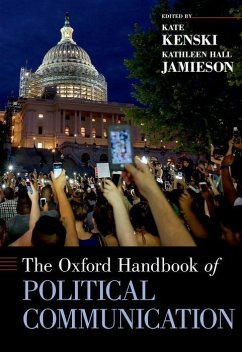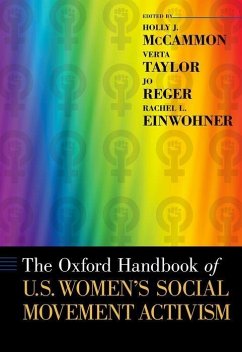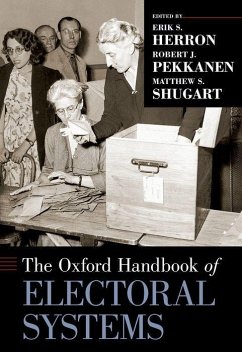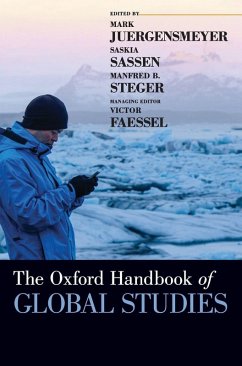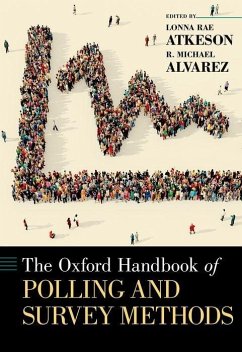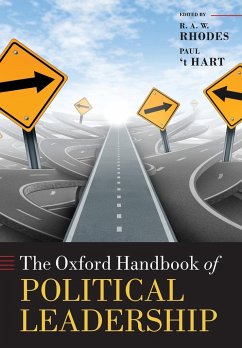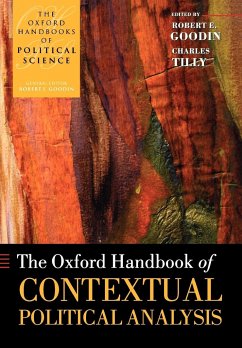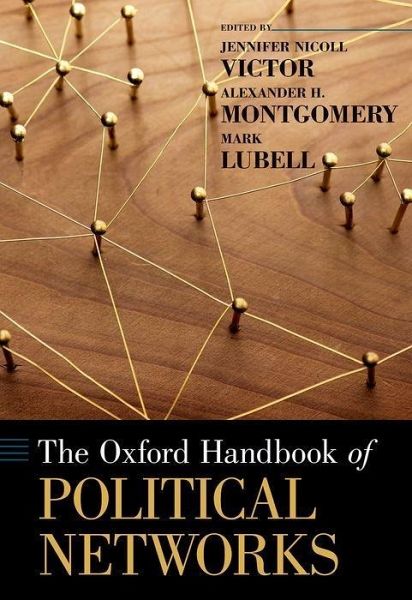
Oxford Handbook of Political Networks (UK)

PAYBACK Punkte
115 °P sammeln!
Networks are omnipresent in our natural and social world, and they are at the heart of politics. Relationships of many types drive political institutions, processes, and decision-making. Therefore, it is imperative for the study of politics to include network approaches. Already, these approaches have advanced our understanding of critical questions, such as: Why do people vote? How can people build problem-solving coalitions? How can governments and organizations foster innovations? How can countries build ties that promote peace? What are the most fruitful strategies for disrupting arms or t...
Networks are omnipresent in our natural and social world, and they are at the heart of politics. Relationships of many types drive political institutions, processes, and decision-making. Therefore, it is imperative for the study of politics to include network approaches. Already, these approaches have advanced our understanding of critical questions, such as: Why do people vote? How can people build problem-solving coalitions? How can governments and organizations foster innovations? How can countries build ties that promote peace? What are the most fruitful strategies for disrupting arms or terrorist networks? This volume is designed as a foundational statement and resource. The contributions offer instruction on network theory and methods at both beginner and advanced levels, as well as an assessment of the state-of-the-discipline on a variety of applied network topics in politics. Through this dynamic collection of essays, The Oxford Handbook of Political Networks elucidates how the field is transforming and what that means for the future of political science.




